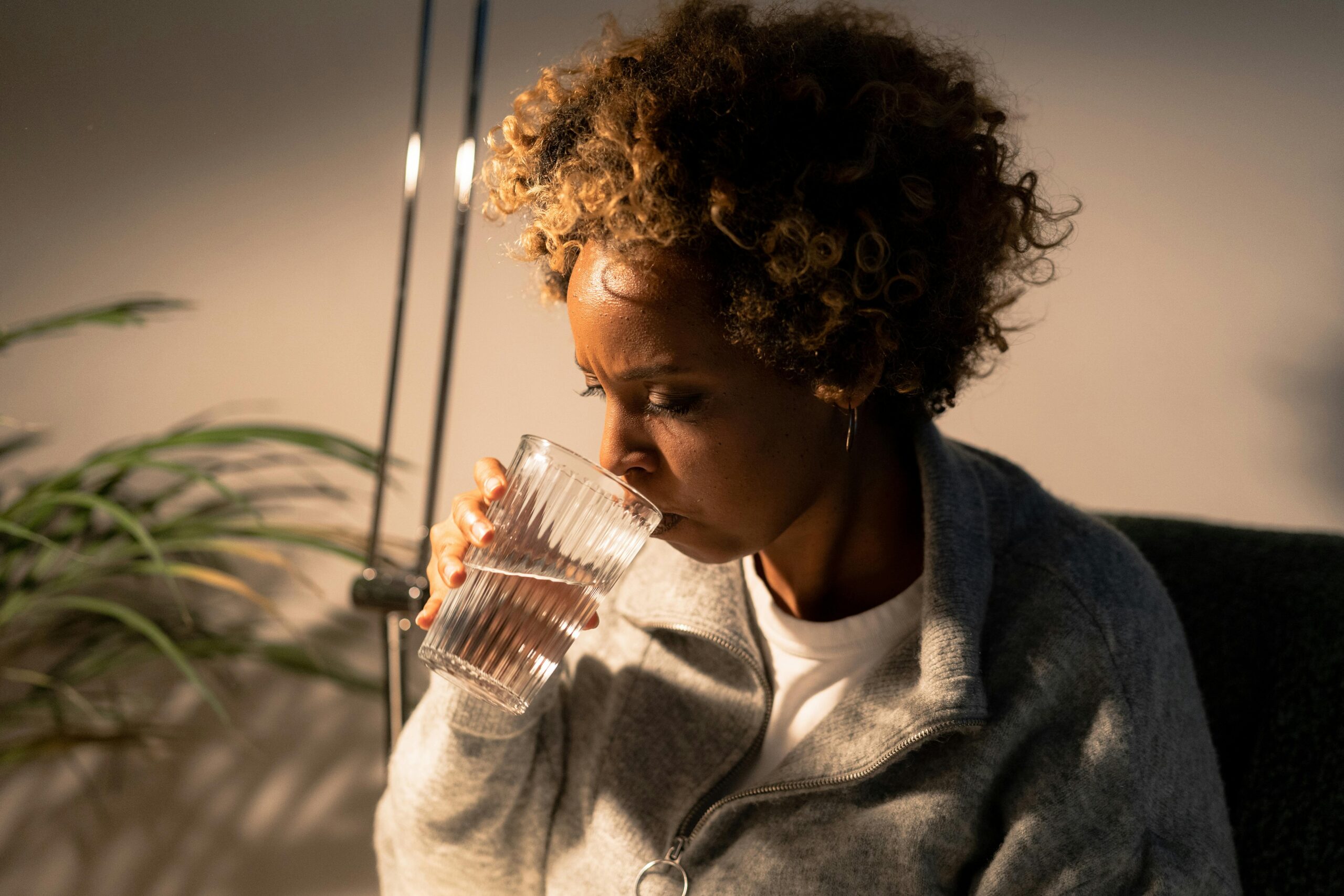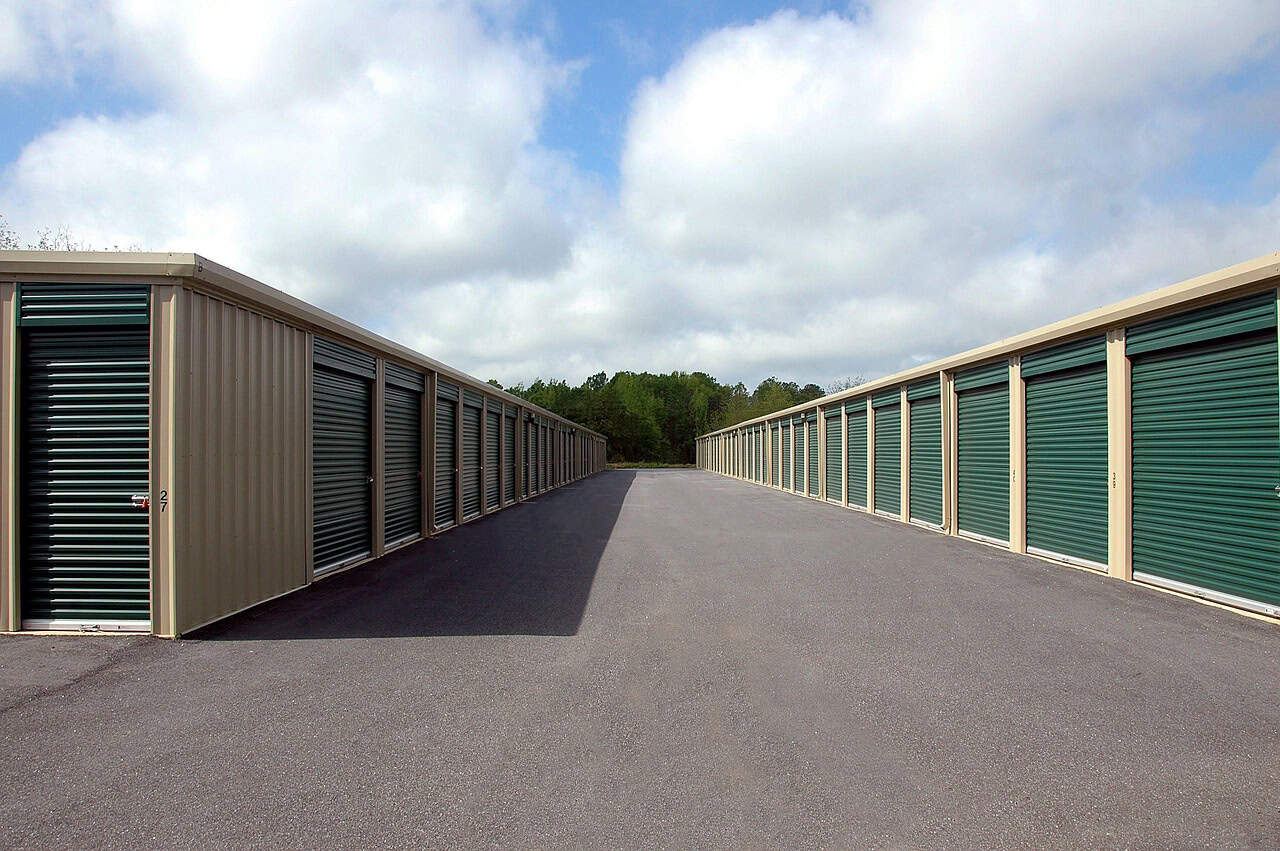Are you ready for crisper, cleaner, healthier water for your family?
If you’re like most homeowners, you probably think that the water coming out of your taps is perfectly safe and clean to drink. After all, it’s from the city water supply, so it has to meet some basic standards of safety and cleanliness, right?
Wrong.
Let me be clear:
Just because water meets the minimum legal standards for safety doesn’t mean that it’s actually safe. The sad reality is that water quality is becoming an increasing problem for homeowners everywhere. According to the Environmental Protection Agency, 28% of public water systems have violated at least one drinking water standard at some point in the past few years.
The good news is that installing the right water filter for your home can help dramatically improve the quality of your water and the health of your family.
In this post, I will cover:
- Why Your Health Depends on Clean Water (You May Be Surprised)
- The Hidden Contaminants in Your Tap Water
- How Water Filters Actually Work To Remove Toxins
- How to Pick the Best Water Filter for Your Home

Why Your Health Depends on Clean Water (You May Be Surprised)
Your body needs water to function.
Period.
Water helps regulate your body temperature, lubricate your joints, flush out toxins, and so much more. But if the water you’re drinking is contaminated, you’re literally pouring toxins and pollutants into your body every day.
Think about it – the average adult drinks 6-8 glasses of water per day. When you add in the water you get from other sources, like cooking or cleaning, that means a lot of exposure to what’s in your water supply.
And this is the part most people don’t realize:
Even relatively small amounts of certain contaminants can build up in your body over time. This can cause all sorts of health problems down the line, from digestive issues to skin irritations to serious conditions.
Water filters work by removing these toxins before they ever make it into your glass. That means every sip you take is cleaner, safer, and healthier for you and your family.
The Hidden Contaminants in Your Tap Water
Let’s take a look at exactly what’s hiding in your tap water…
Most tap water contains a whole cocktail of substances that you probably don’t want to be drinking. Professional water filtration in Adelaide provides excellent protection by removing contaminants that municipal water treatment may not catch, which is why home water filters have become such a trusted solution.
Here are the most common types of contaminants found in drinking water:
Lead: Lead can leach into your water from old pipes and fixtures. Even low levels of lead exposure can cause serious health problems, especially for children.
Chlorine: Chlorine is often added to water supplies to kill bacteria, but it can also leave your water with an unpleasant taste and odor. Some people are even sensitive to chlorine and can experience skin irritation or digestive issues.
PFAS (Forever Chemicals): These man-made chemicals don’t break down naturally in the environment and have been linked to a whole host of health issues, including liver damage and immune system problems.
Pesticides and Herbicides: These chemicals are used in agriculture to kill pests and weeds, but they can also end up in our water supply through runoff.
Heavy Metals: Mercury, arsenic, copper, and other heavy metals can find their way into your water from industrial pollution or natural mineral deposits.
Did you know that a recent study has revealed that 91% of Americans now have a water filter at home? That’s an increase of 25% since 2020. I don’t believe in coincidences.
How Water Filters Actually Work To Remove Toxins
Water filters are one of those miracle products that are so effective, they seem like magic.
Water filters use one or more types of filtration methods to remove toxins and contaminants from your water. The most effective water filters use multiple stages of filtration to catch as many different types of contaminants as possible.
The most common types of filtration are:
Activated Carbon Filters: These filters are like a sponge that soaks up toxins and contaminants. Activated carbon is especially good at removing chlorine, improving taste, and getting rid of odors.
Reverse Osmosis Systems: These systems push water through a semi-permeable membrane that filters out even the tiniest contaminants. RO systems can remove up to 99% of dissolved solids, heavy metals, and other nasties.
UV Filters: These filters use ultraviolet light to kill bacteria, viruses, and other microorganisms. UV filters don’t add any chemicals to your water, so they’re a great choice if you’re concerned about doing so.
One of the great things about modern water filters is that they only remove the bad stuff – they leave all the good minerals your body needs in the water. Minerals like calcium and magnesium are important for your health, so you want to make sure they’re not getting filtered out.
How to Pick the Best Water Filter for Your Home
There are a lot of different water filters out there on the market today.
Figuring out which one is right for you can be a bit overwhelming. The type of filter you choose should depend on a few factors, including your water source, your budget, and the specific contaminants you want to remove.
Here are the most common types of water filters you’ll find for sale:
Pitcher Filters: These are the easiest and most affordable water filters on the market. Pitcher filters are perfect for renters or anyone who wants filtered water without the hassle of installation. They’re great at improving taste and removing chlorine.
Faucet-Mounted Filters: As the name suggests, these filters attach directly to your faucet and filter water on demand. They’re more convenient than pitcher filters and can remove a wider range of contaminants.
Under-Sink Systems: These systems provide filtered water right from your tap without taking up any counter space. They’re more expensive than other types of filters, but they offer superior filtration and longer-lasting filters.
Whole-House Filters: These filters sit on your main water line and filter all the water that comes into your home. They’re the best choice if you want to filter water for drinking, cooking, and bathing.
When shopping for a water filter, one of the most important things to look for is NSF certification. NSF is an independent testing organization that verifies whether a filter actually removes what it claims to. Don’t just trust the manufacturer’s word.
Other things to keep in mind:
- Filter lifespan and replacement costs
- Flow rate (how fast the water comes out)
- Installation requirements
- Maintenance needs
Investing in a quality water filter might seem like a lot of money at first… but think about it this way – compare the cost to buying bottled water for years and you’ll see the savings stack up fast. Plus, it’s better for the environment since you’re not using all that plastic.
Taking The Next Step
Water quality is not a risk you should be taking.
Your family deserves to have clean, safe drinking water every day. Installing a water filter is one of the easiest and most effective ways to improve your health and quality of life.
Whether you opt for a simple pitcher filter or go all-in with a whole-house system… The important thing is that you take action. Your body will thank you for it.
Don’t wait until you have a health problem to start caring about what’s in your water. Remember – prevention is always better than treatment.




